Glasgow-based writer and food activist Andrew Wilbur outlines the challenges of setting up a Community Supported Agriculture program as an alternative to the Supermarkets.
It’s easy to sing the praises of localism and sustainabilty in food production from the consumption end. The choir has been harmonizing for so long on this subject that otherwise indifferent institutions (supermarkets, media, universities) have all capitalized on the trend. Feature articles on happy organic farmers abound, lecturers pontificate on the socio-economic benefits of urban gardening and corporate behemoths emblazon their produce with local designations. All things considered, it’s been a positive development, and certainly preferable to increasing homogenisation of the food supply. For consumers it’s a big score: the food genuinely tastes better, our consciences are salved and the increasing outlets for such food, spurred by a hungry market, have lowered the costs of eating healthily and ethically.
The concern for many farmers is that we are perilously close to complacency. Many can’t understand why customers want to buy imported organic food from corporate chains, or neglect high-quality produce simply because it doesn’t fit within a certain definition of ‘local’. The answer is actually fairly straightforward: in many areas, consumers lack a structure that gives them any control over sourcing their food. Community-supported agriculture (CSA) programmes and organic delivery companies often provide excellent service and terrific food at a reasonable price. The scale of their operations are subject to geographical constraints, however, leaving certain markets untapped. The issue is not so much a lack of demand in the underrepresented areas, but difficulties in building a structure that circumvents the middleman and links customers directly with suppliers. Joining a cooperative or CSA group is easy; building one from scratch is time-consuming, complicated and potentially expensive.
Those are my conclusions after two years of running a small neighbourhood cooperative in Glasgow, Scotland. They are also informed by my docotoral research on back-to-the-land migration in Italy, in which alternative market structures are essential to achieving economic sustenance for new farmers. In 2009 I set up Southside Foodshare, inspired by everything from 1960s health food cooperatives, CSAs to Japan’s Seikatsu buying clubs and the Italian Solidarity Buying Groups (Gruppi di Acquisto Solidale). I wanted something flexible, non-bureaucratic and easily replicable, requiring minimal administration and no significant expenses. I had been a customer of The Whole Shebag, the home delivery arm of family-run South Cobbinshaw farm, for some years. The flavour of some of their vegetables is incomparable to their commercially available counterparts, and I loved the personal attention enabled by the small size of their business. With the farmer, David Murray, we began figuring out how to transform something as commonplace as an organic box scheme into something more social, more neighbourly and collaborative.
Southside Foodshare certainly didn’t spring into life without some teething problems. We has some early troubles in settling on an ideal delivery location and our inception coincided with a seasonal dip in the farm’s output. Plenty of people who’ve expressed interest in joining haven’t followed through, and feedback has been slow to materialize. Those issues aside, the operation has moved along with remarkable ease, and runs much more smoothly than I ever anticipated. Any drawbacks are a small price to pay for such an enhanced degree of control over our food shopping. Of course we’re at the mercy of the seasons, climate and Scotland’s root vegetable glut. In return for what some might consider a sacrifice of choice, however, we can speak directly to the grower about the variety, quality and cost of our food, negotiating and making suggestions to increase the benefit for both parties. All at very low cost to our members, who include families, professional couples, students and unemployed singles.
Knowing what it takes to get a group like Southside Foodshare established, I can understand why some people talk themselves out of initiating similar projects. I don’t want to overstate the challenges, but there will inevitably be some confusion and frustration for anyone new to the game. This means that a lot of good intentions probably wither away before they ever reach fruition. A recognition of this fact, coupled with knowledge of the demand that exists for cooperative structures, has led us to try to roll out our model on a national scale. Along with Southside Foodshare’s Treasurer, Laura Francescangeli, I am working to establish a new social enterprise called Foodshare Scotland. Our aim is to build an infrastructure to develop and support local cooperatives in multiple locations across Scotland. Areas of particular need will be researched and identified, with new producer-consumer relationships created from within local communities and strengthened by Foodshare’s administrative support.
Put another way, we want to take on all the headaches of setting up a cooperative in the hope that this will allow many new groups to take root. We will assist with the bank account applications, bookkeeping, connecting suppliers to local groups and recruiting new members. We’ll continue the support once a group is established, providing on-call operational assistance and maintaing an integrated web forum for all members of the Foodshare network. We know from experience that these are the issues that prevent people from setting up their own groups. Streamlining the process into something practiced and efficient could potentially clear the path for dozens of new groups to emerge across the country. In fact, a dozen new cooperatives is our two-year goal. Our main hurdle at this stage is getting the kind of funding we’d need to achieve this. Believe me, there is no shortage of suppliers and customers who might want to get involved with a new cooperative. Consumers save money through collective purchasing while farmers lose nothing to intermediaries when they sell direct. Once you’ve been involved with a collective buying group, most other exchange structures begin to look absurd.
So that’s the long-term vision for Foodshare Scotland. Over the next few months, we hope to produce a feasibility study to assess the practicalities of implementing this on the scale we envision. We also want to launch a pilot project, setting up a new cooperative on our proposed model so that we can monitor timescales, costs and levels of interest. We are trying to finance this initial stage through a crowdfunding platform at:
Foodshare—A-network-of-food-cooperatives-across-Scotland
Anyone who believes in the ethos of Foodshare Scotland is, of course, strongly encouraged to contribute. It’s an all or nothing deal, so we can only proceed if we meet our funding target. If a cash contribution isn’t possible, however, we would be equally appreciative of any efforts to spread the word. We’re doing our best to make this project a reality and have faith that Facebook, Twitter and the blogosphere will play a big role in achieving that.
For more information, contact Andrew Wilbur at southsidefoodshare@gmail.com
 Andrew Wilbur recently completed his PhD in Geography at the University of Glasgow. He has given several conference papers on Italy’s underground food economy and recently published an essay on secret markets in The Idler: Mind Your Business.
Andrew Wilbur recently completed his PhD in Geography at the University of Glasgow. He has given several conference papers on Italy’s underground food economy and recently published an essay on secret markets in The Idler: Mind Your Business.

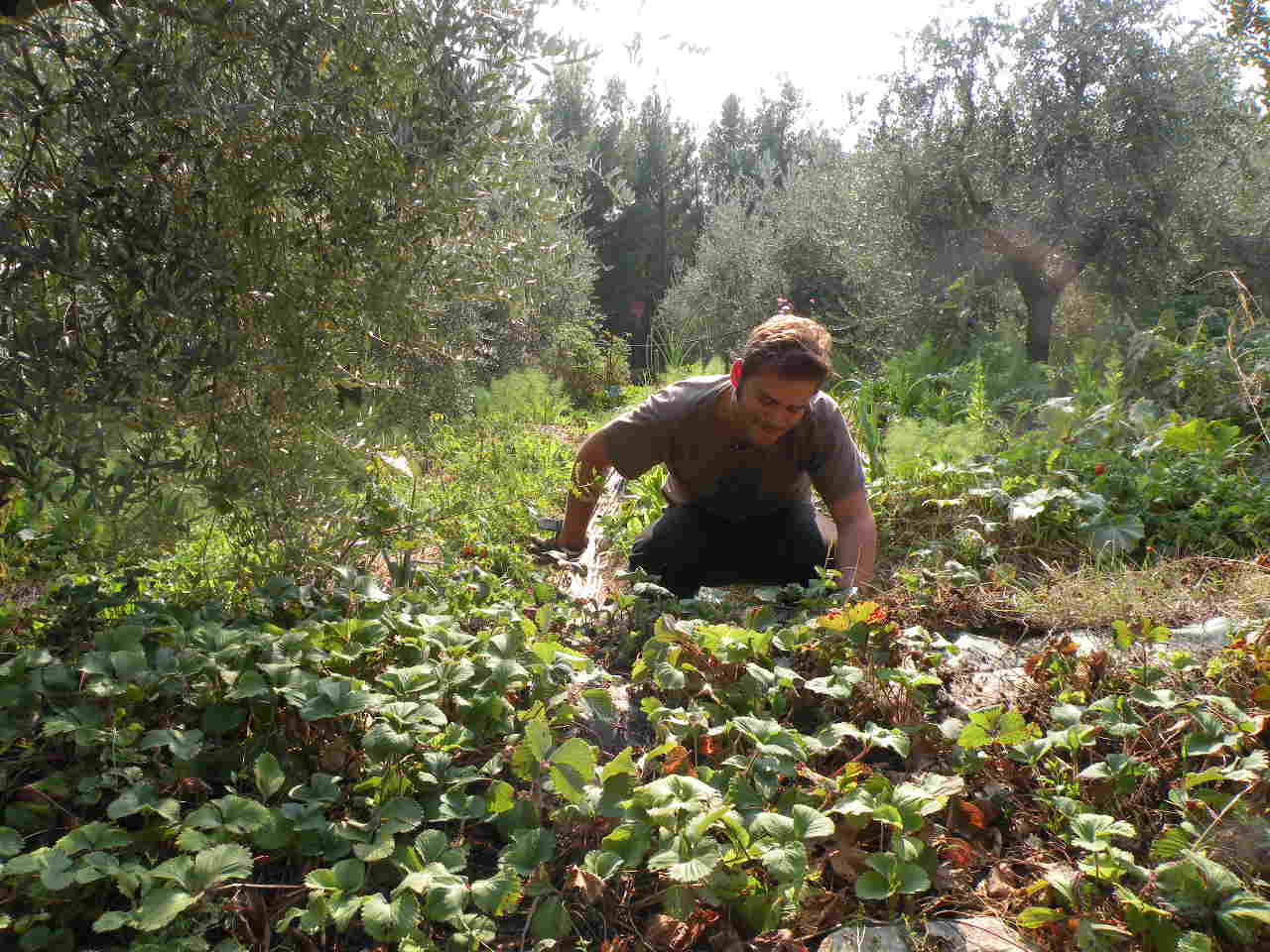


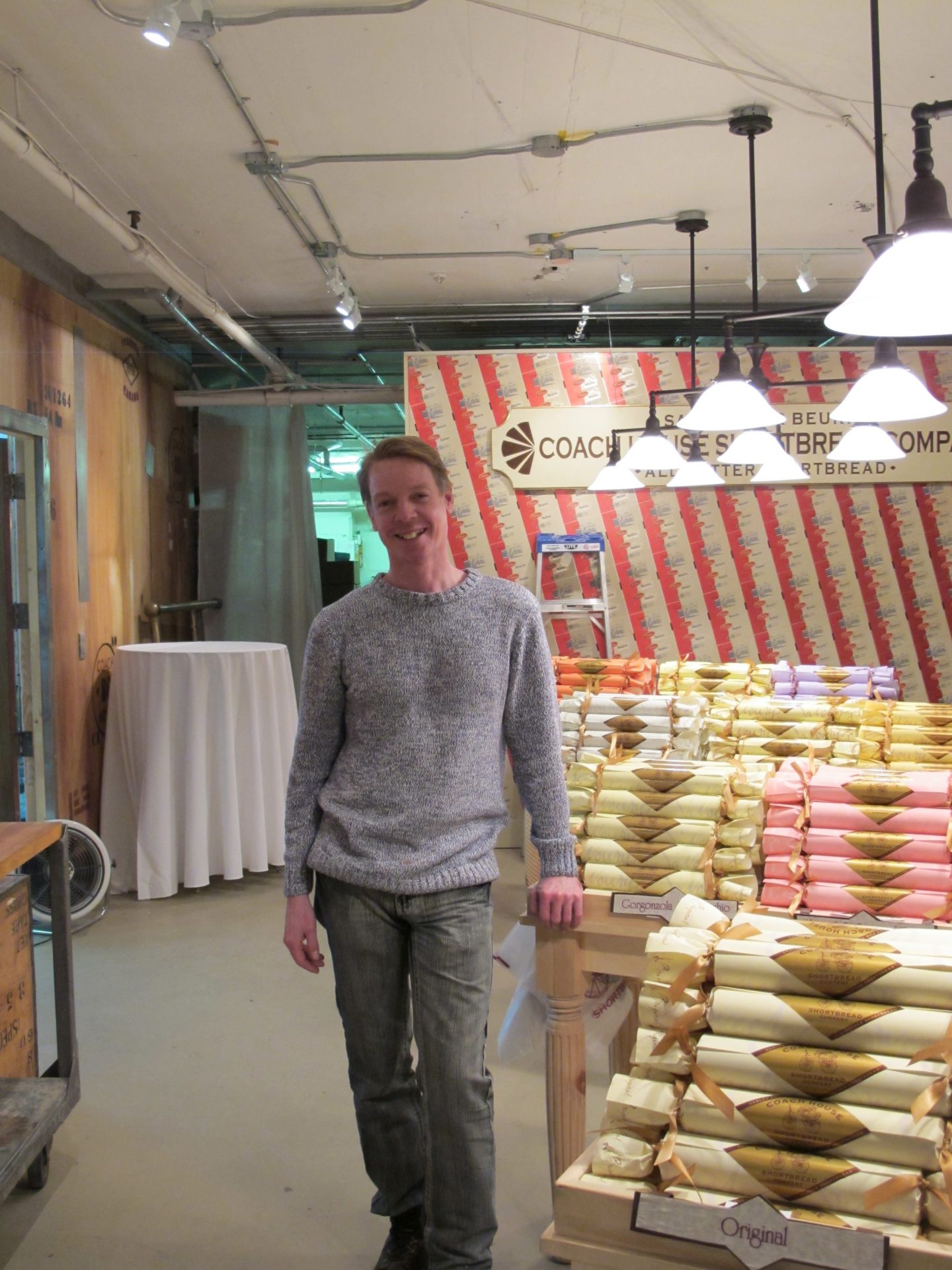
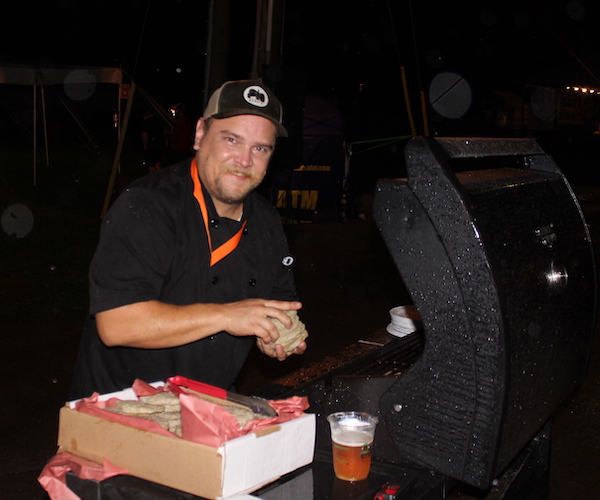
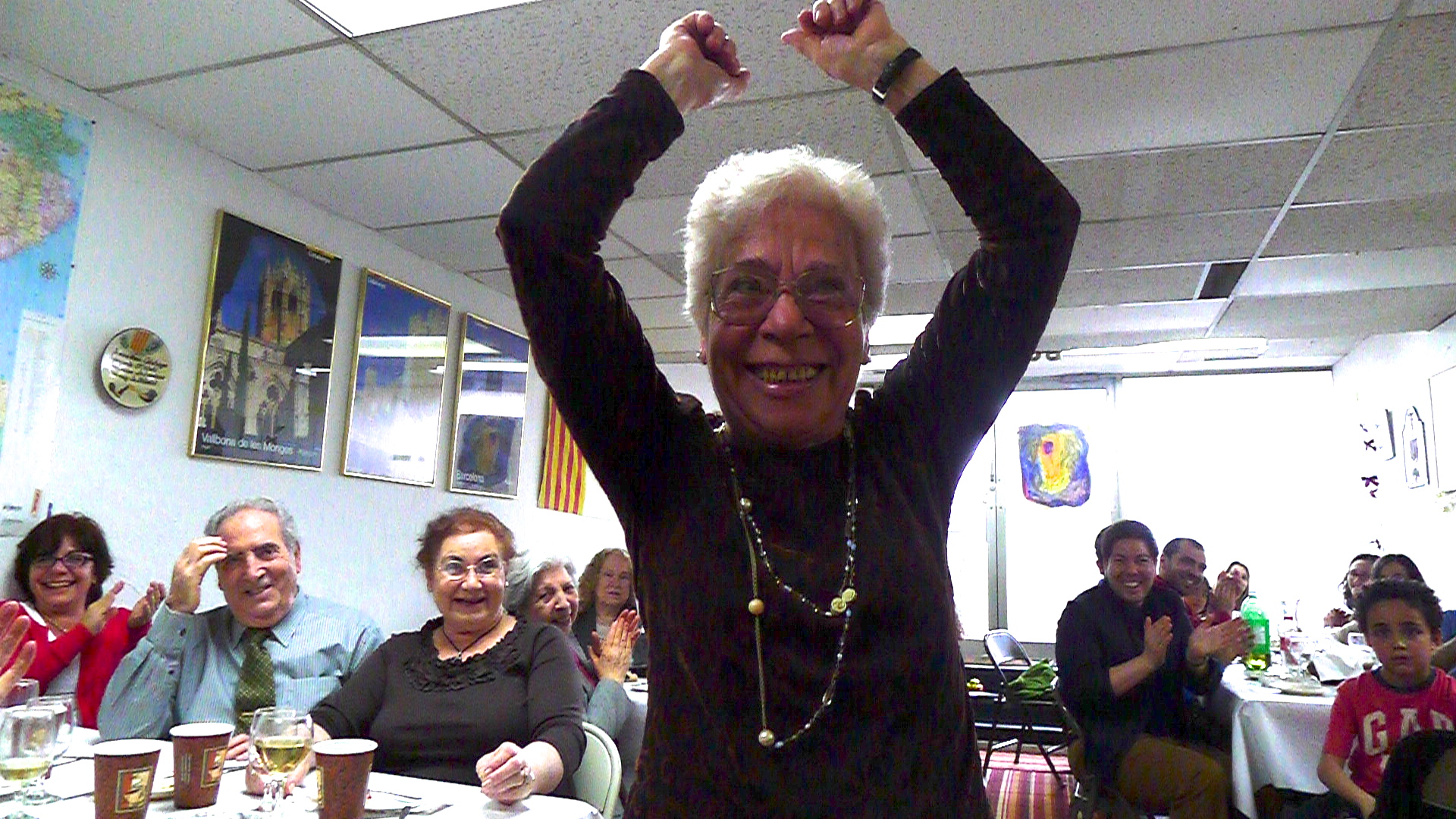
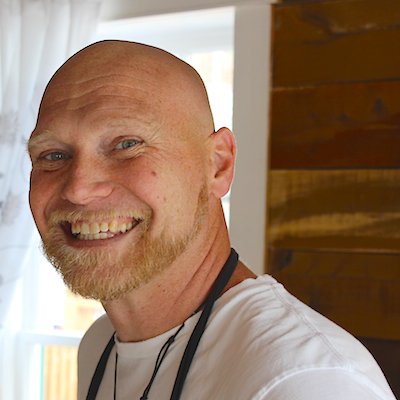

Great article on the issues with setting up local food distribution. I hope you will continue to blog about this topic as your program grows. Making it easily replicable requires documentation of what worked and what didn’t which is a discipline in itself. Thanks for sharing.